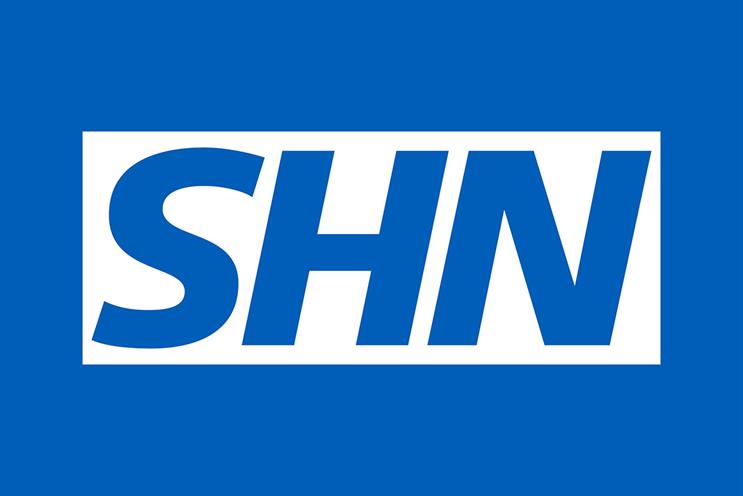A crisis can take place in many forms and the costs can include lives, financial hardship and emotional stresses that can emerge in unpredictable ways. Pandemics, natural disasters, technological crisis – all can lead to emotional, financial and business costs, unless some planning and management is put in place to cope. From each challenge, we learn hard lessons, but these can be vital in order to be resilient for when the next thing comes. Even when a tsunami hits, people learn not to stop when the waves suck the sea away from the beach – we now know that, in these vital minutes, there may be still time to sprint to higher ground.
Learning to act in fast and decisive ways is not easy. The financial crisis of 2008-2009 taught me that, in the race to protect jobs, every hour of every day counts and it can be easy to freeze in the face of a colossal event. The global pandemic is touching lives in so many ways and this includes having to make the hardest decisions without putting them off. People are putting their livelihoods and trust in your hands, so having a clear outline of action is incredibly important.
Recently, the investigative programme Panorama explained how the British government failed to stockpile personal protective equipment for our medical workers. A delay that, some say, has cost many lives. Two-thirds of the public in the UK think that the government has been too slow to react to the pandemic.
In business, whether it is putting off painful job furlough plans or Premier League clubs dithering over pay cuts, procrastination is never a good look. By contrast, in New Zealand, prime minister Jacinda Ardern and her government have been praised globally for a tight plan, decisive sequential moves and being clear and humane in taking action to protect lives.
By mid-March, the direction of the pandemic across Europe was very clear; the sea was being sucked away and we should already have been seeking higher ground. By the time the UK lockdown was announced, we were ready to bring our agency together and ask everyone to agree to a temporary pay cut. Making this decision was hard, but putting it off would make it even more difficult down the road.
We also created "Team Furlough", reorganising our workload to allow us to reduce staff numbers in line with reduced income. By acting together and acting quickly, we gave ourselves the best chance of dealing with the sudden downturn, focusing on the job at hand and being prepared for what may happen in the coming months.
Our immediate response was to be proactive for our clients and fight for new business. We kept creative teams working and turned our attention to using the skills of the agency to amplify government messaging. This was no longer just about us; it was about making sure people know how to protect their health through social distancing.
We launched the "SHN – stay home now" campaign that was picked up by out-of-home companies Global and Clear Channel, and appeared on poster sites as well as being shared by the likes of Orlando Bloom and other celebrities. Within weeks, it was made into a film with Ray Winstone and some of our heroic key workers. This translation boosted the message even further, reinforcing the message to stay at home.
This was not paid work, but it did have returns in team spirit and the feeling of doing something bigger than us is a reward in itself. The speed at which we worked made sure that we could get that message rolling and follow it through different incarnations to reach as many people as possible.
We still have work to do in terms of output and business decisions. Each day presents an opportunity to be thoughtful and nimble while the pandemic continues to have an impact. This state of affairs is unlikely to change for many months; we still have the wider economic impact to navigate even when the lockdown advisory is lifted.
A pay cut and an agency reshuffle is tough work to manage, but keeping remaining teams working at speed and getting them to a safer place is what will count when the waves come crashing on to the shore.
Neil Henderson is chief executive of St Luke's



